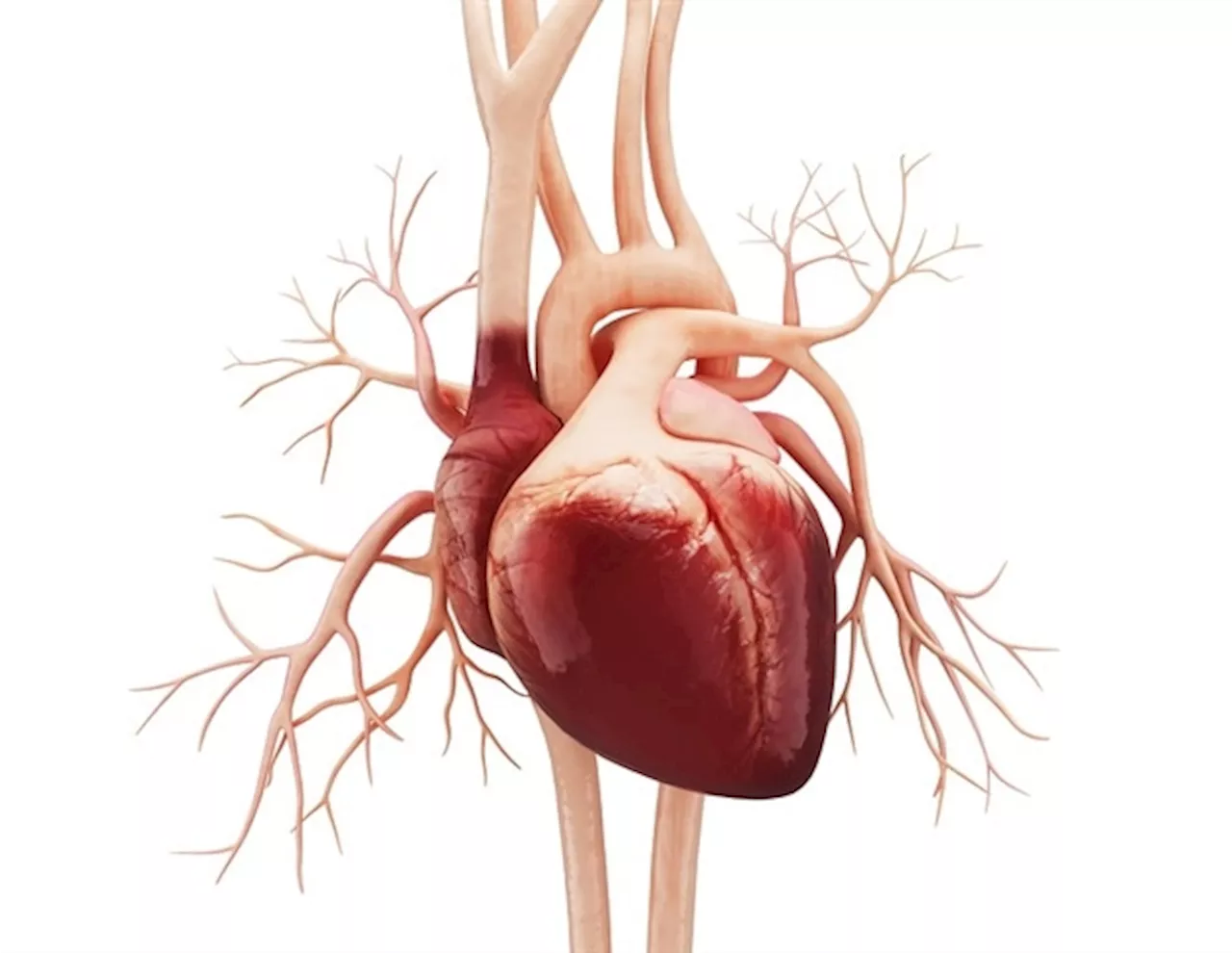After severe heart failure, the ability of the heart to heal by forming new cells is very low. However, after receiving treatment with a supportive heart pump, the capacity of a damaged heart to repair itself with new muscle cells becomes significantly higher, even higher than in a healthy heart.
Karolinska InstitutetNov 21 2024 This is according to a new study from Karolinska Institutet in Sweden published in the journal Circulation.
Researchers at Karolinska Institutet have now discovered that after an injury, the rate of cell renewal is even lower than in a healthy heart. Standard-of-care for patients with advanced heart failure is a surgically implanted pump that helps propel blood, a so-called left ventricular assist device .
"The results suggest that there might be a hidden key to kick-start the heart's own repair mechanism", says Olaf Bergmann, senior researcher at the Department of Cell and Molecular Biology at Karolinska Institutet and last author of the paper. It is difficult to say. In the existing data we cannot find an explanation for the effect, but we will now continue to study this process at a cellular and molecular level.
Cell Heart Disease Heart Failure Muscle Research
United Kingdom Latest News, United Kingdom Headlines
Similar News:You can also read news stories similar to this one that we have collected from other news sources.
 Vitiligo linked to increased risk of heart disease and stroke, study findsResearch indicates elevated cardiovascular risk in vitiligo patients, underscoring the necessity for enhanced monitoring and preventive healthcare measures.
Vitiligo linked to increased risk of heart disease and stroke, study findsResearch indicates elevated cardiovascular risk in vitiligo patients, underscoring the necessity for enhanced monitoring and preventive healthcare measures.
Read more »
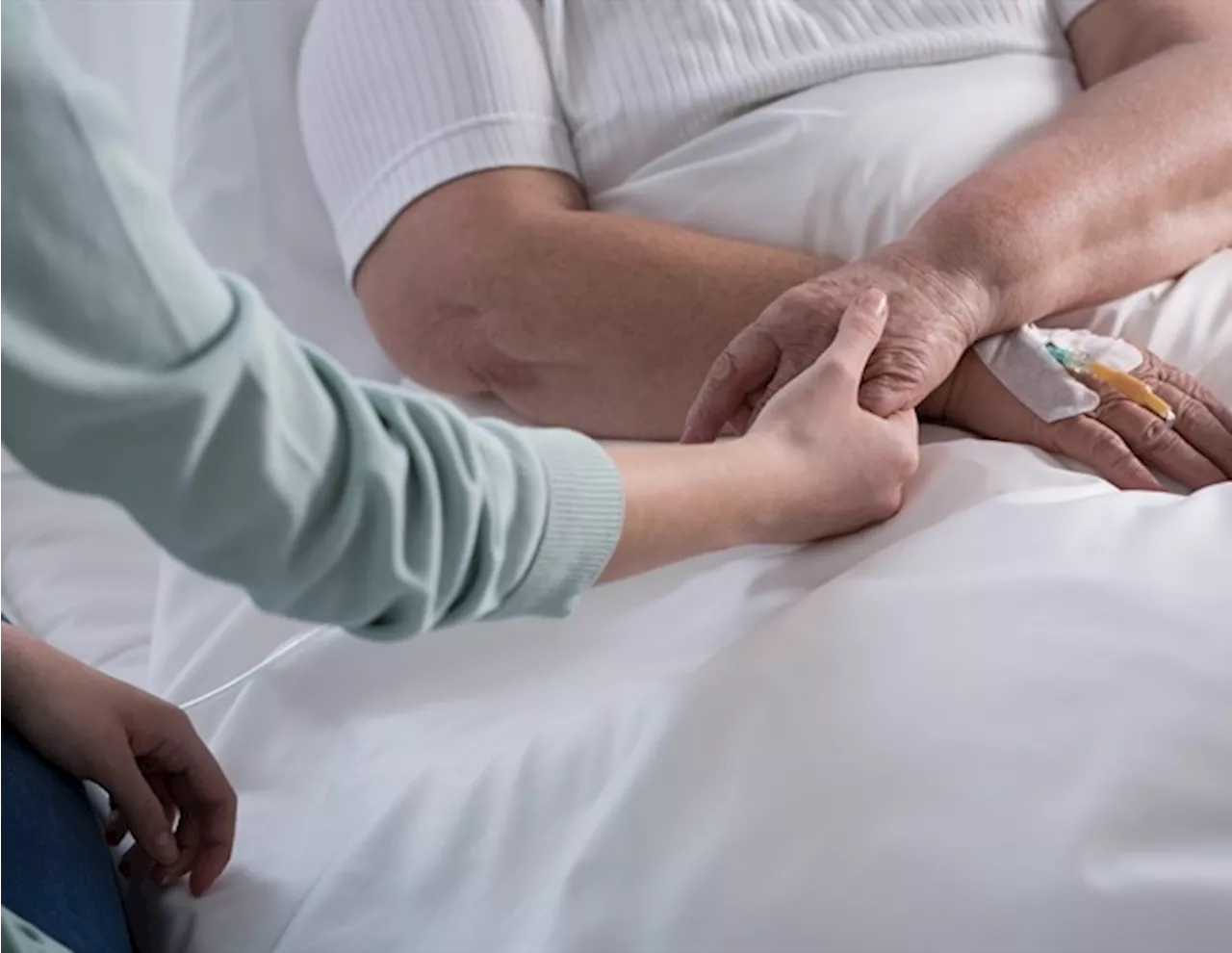 Study reveals low rates of palliative care for heart failure patients in the U.S.A study by researchers at Saint Louis University shows that only one in eight patients with heart failure in the United States receive palliative care consultations within five years of diagnosis.
Study reveals low rates of palliative care for heart failure patients in the U.S.A study by researchers at Saint Louis University shows that only one in eight patients with heart failure in the United States receive palliative care consultations within five years of diagnosis.
Read more »
 Study links heart shape to genetic risk of cardiovascular diseasesA new multi-national study has revealed that the shape of the heart is influenced in part by genetics and may help predict the risk of cardiovascular diseases.
Study links heart shape to genetic risk of cardiovascular diseasesA new multi-national study has revealed that the shape of the heart is influenced in part by genetics and may help predict the risk of cardiovascular diseases.
Read more »
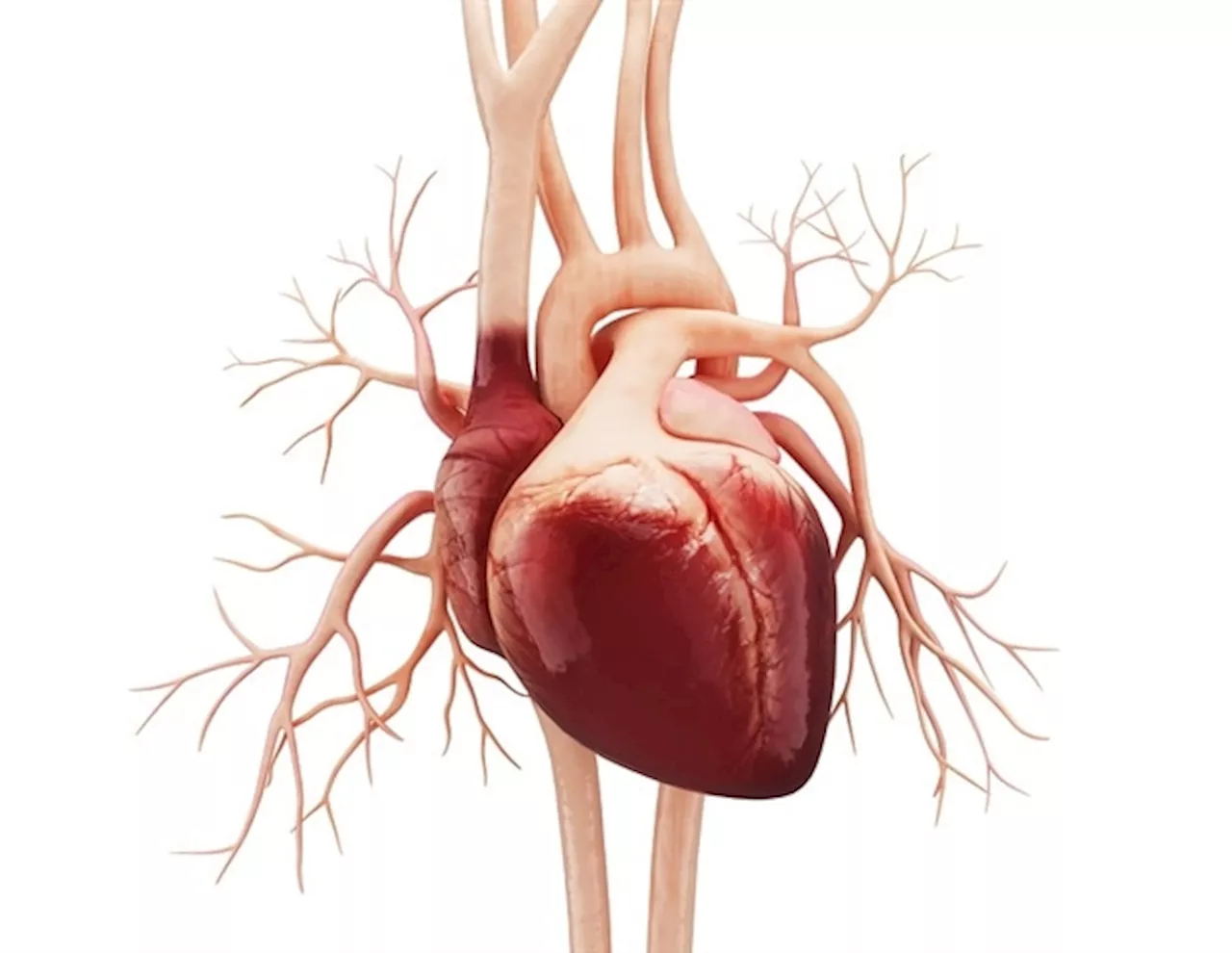 Study: 40% of newly diagnosed heart failure patients also have atrial fibrillationA new study by researchers at Intermountain Health in Salt Lake City finds that 40 percent of newly diagnosed heart failure patients also have atrial fibrillation – a combination of cardiac disorders that researchers found results in significantly poorer outcomes for patients.
Study: 40% of newly diagnosed heart failure patients also have atrial fibrillationA new study by researchers at Intermountain Health in Salt Lake City finds that 40 percent of newly diagnosed heart failure patients also have atrial fibrillation – a combination of cardiac disorders that researchers found results in significantly poorer outcomes for patients.
Read more »
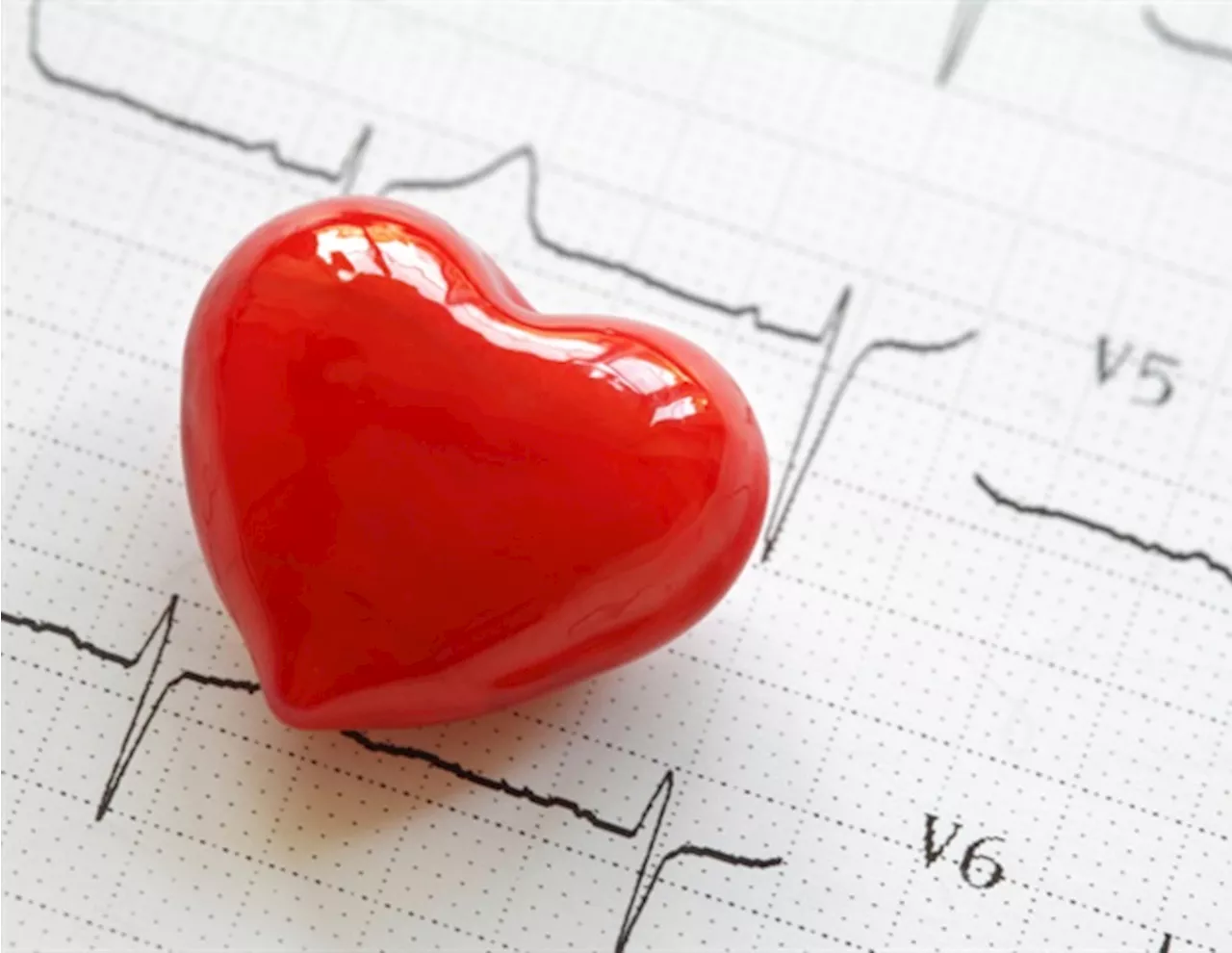 Study reveals variability in polygenic risk scores for predicting heart diseasePolygenic risk scores (PRSs) are a cutting-edge tool in genetics, combining information from genetic markers across the genome to estimate a person's risk of developing certain diseases, such as coronary artery disease (CAD).
Study reveals variability in polygenic risk scores for predicting heart diseasePolygenic risk scores (PRSs) are a cutting-edge tool in genetics, combining information from genetic markers across the genome to estimate a person's risk of developing certain diseases, such as coronary artery disease (CAD).
Read more »
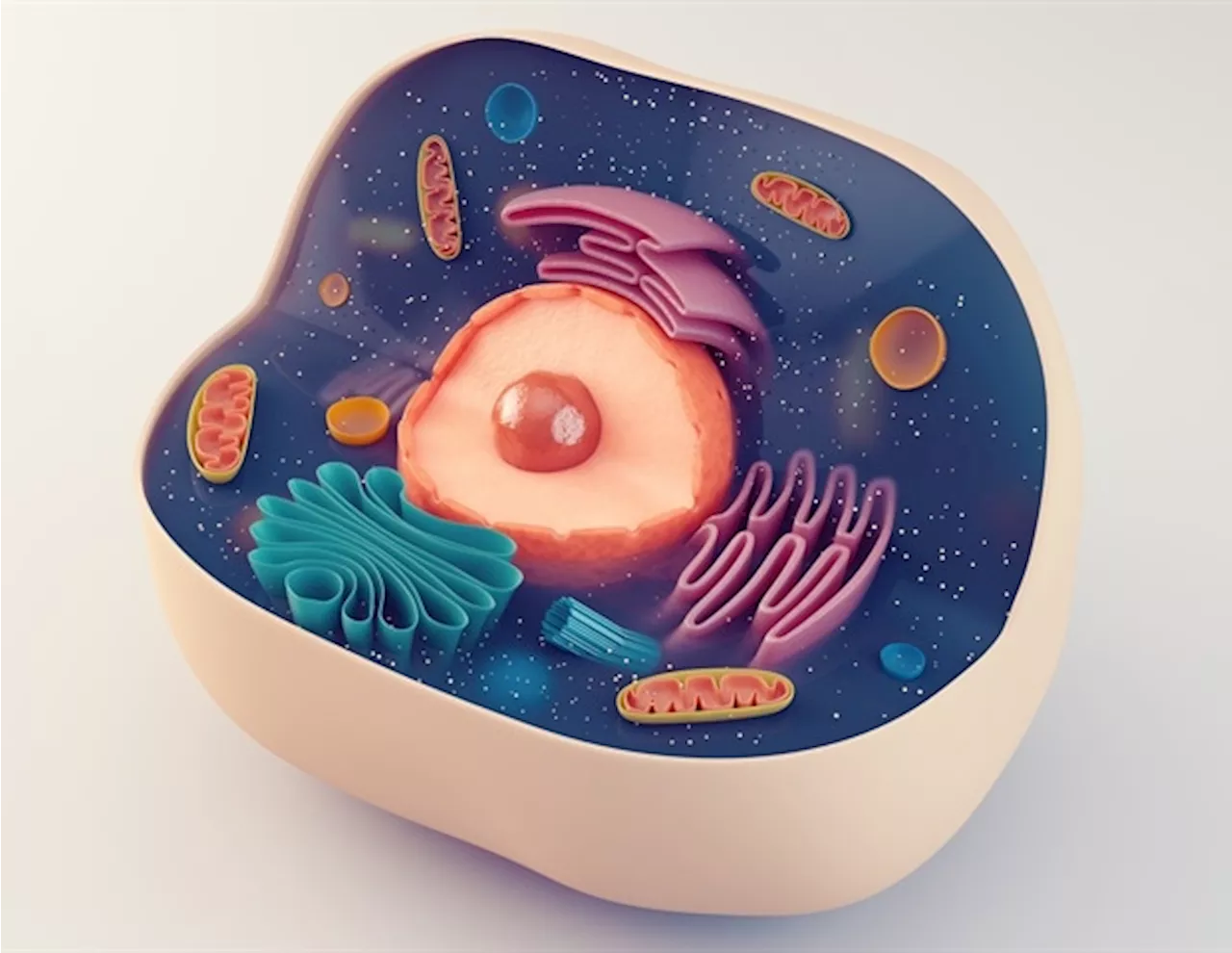 Study identifies key blood stem cells in immune system agingWhat keeps some immune systems youthful and effective in warding off age-related diseases? In a new paper published in Cellular & Molecular Immunology, USC Stem Cell scientist Rong Lu and her collaborators point the finger at a small subset of blood stem cells, which make an outsized contribution to maintaining either a youthful balance or an...
Study identifies key blood stem cells in immune system agingWhat keeps some immune systems youthful and effective in warding off age-related diseases? In a new paper published in Cellular & Molecular Immunology, USC Stem Cell scientist Rong Lu and her collaborators point the finger at a small subset of blood stem cells, which make an outsized contribution to maintaining either a youthful balance or an...
Read more »
